Accessory Dwelling Units (ADUs) Are Booming in Massachusetts — Here’s What You Need to Know
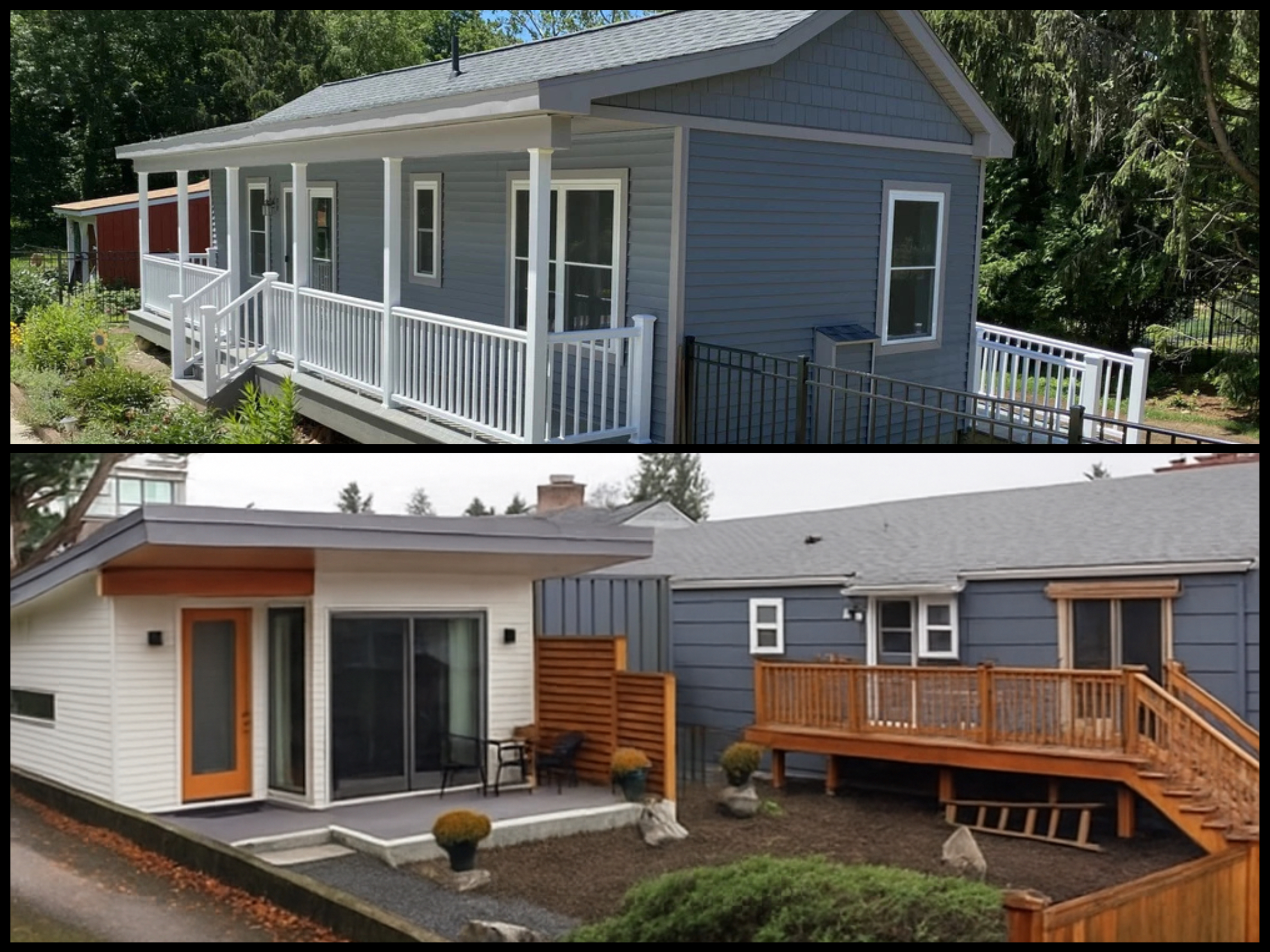
In just the first half of 2025, Massachusetts homeowners filed over 844 applications to build Accessory Dwelling Units (ADUs), and more than 550 have already been approved under the state’s new Affordable Homes Act. This quiet wave of permits could reshape neighborhoods across Greater Boston and beyond — creating new housing supply, new income opportunities, and new planning challenges for local communities.
If you’ve been hearing about ADUs but aren’t sure how they fit into the market (or your real estate strategy), here’s the full picture.
What’s Driving the ADU Surge?
Policy reform unlocked access.
For years, single-family zoning and strict local rules made ADUs nearly impossible. The Affordable Homes Act changed that by streamlining approvals, overriding some local bans, and standardizing the process statewide.
Homeowners are seeking flexibility.
An ADU can serve as an in-law suite, rental apartment, or even a home office. Rising housing costs, multigenerational living, and demand for rental income are driving interest.
Gentle density is popular.
Unlike big apartment complexes, ADUs add housing one unit at a time without dramatically changing neighborhood character. Cities see it as politically feasible density.
Why ADUs Matter for Buyers & Sellers
- For homeowners: An ADU can increase property value, generate monthly rental income, and provide space for family or caregivers.
- For buyers: Homes with ADU potential are becoming more attractive — even if the unit isn’t built yet.
- For investors: ADUs can turn a single rental into two, improving cash flow and long-term returns.
If you’re buying or selling in areas like Peabody, Newton, Cambridge, or Boston suburbs, ADU potential is a marketing point worth highlighting.

Market & Policy Implications
- Towns will need to upgrade permitting systems, utilities, and parking regulations to keep pace with demand.
- Expect a patchwork of local design guidelines and impact fees as municipalities adapt.
- Some pushback will come from neighbors concerned about parking or density, but the trend appears unstoppable.
Key Takeaways
- ADUs are now one of the easiest ways to add housing in Massachusetts.
- Property owners should evaluate if their lot qualifies — it could add value and create income.
- Agents who understand ADU rules will have an edge in advising buyers and sellers.
With over 550 ADUs approved in six months, this isn’t a blip — it’s a fundamental shift in how our suburbs will grow. Whether you’re a homeowner, buyer, or investor, now is the time to explore how ADUs fit into your real estate strategy.
Categories
Recent Posts

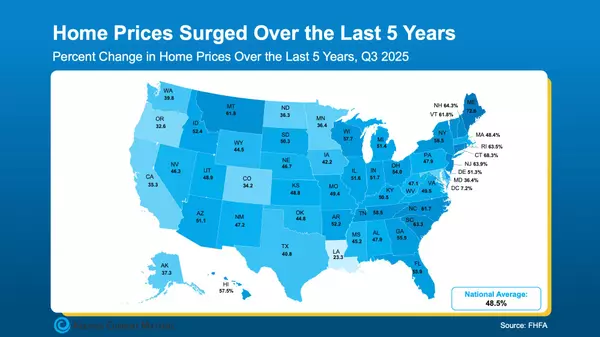
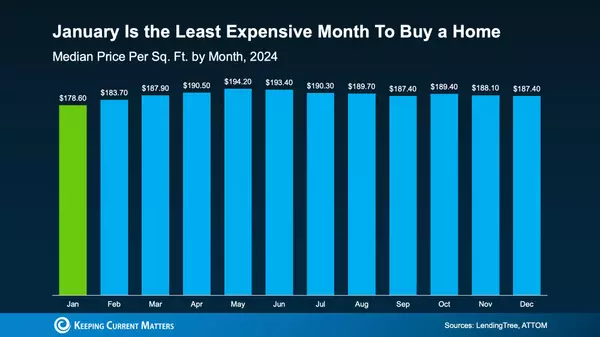
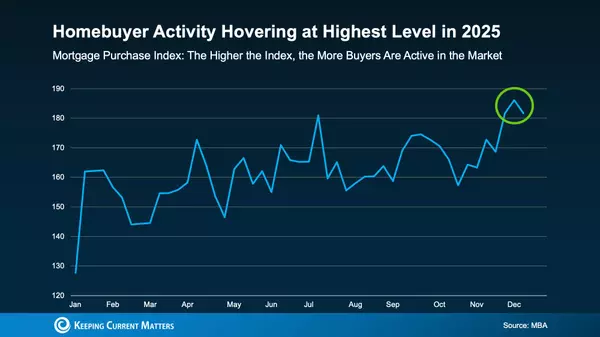
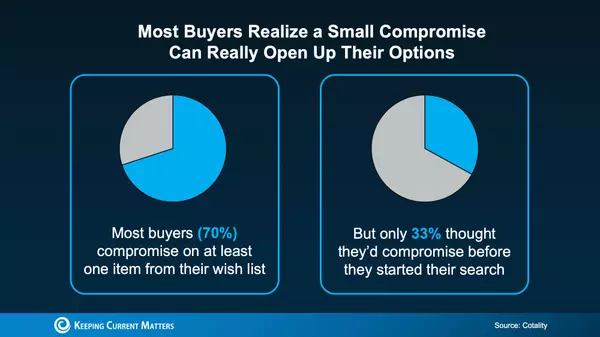
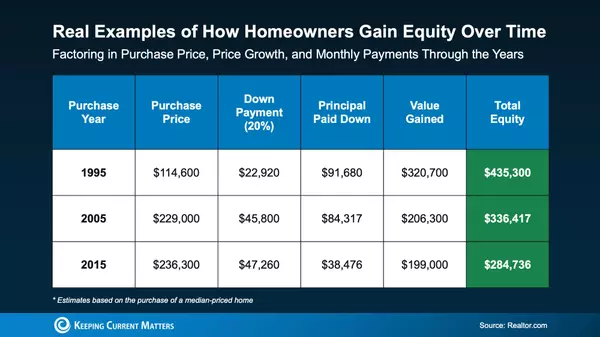
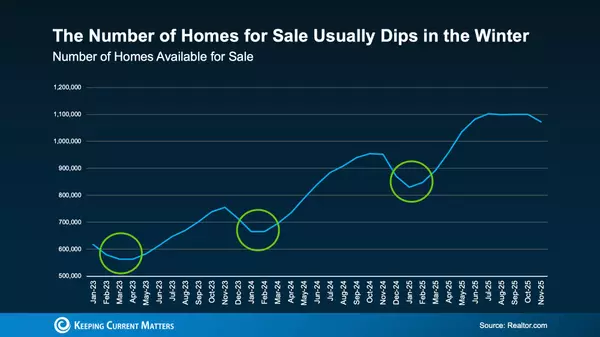
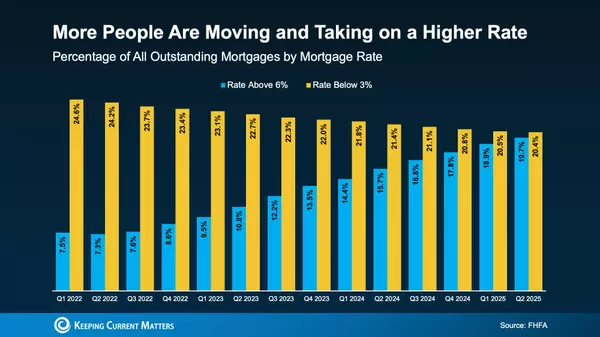
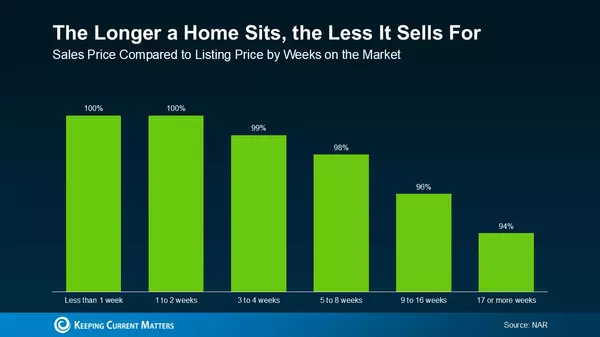
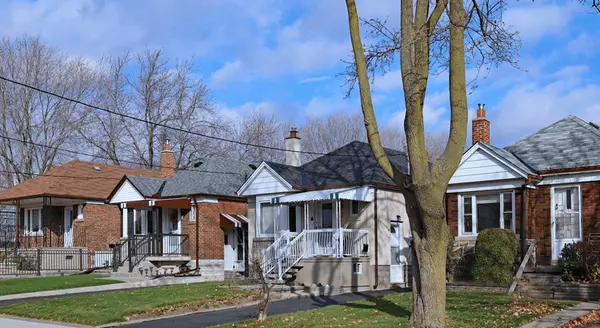
GET MORE INFORMATION


